Effective implementation is not possible with manuals alone.
Deputy Minister Bui The Duy said that within the framework of one working day, delegates were fully informed of the contents related to decentralization and delegation of power to local and communal levels. However, with a large volume and spread across many specific fields, "it is impossible to answer all questions in just one day".
According to the Deputy Minister, this conference is an important supplementary step to the set of documents guiding decentralization and delegation of authority that the Ministry of Science and Technology has sent to localities. However, it is not possible to just read the documents and do it right away. Training, hand-holding and technical support must be regular work.
The Deputy Minister affirmed that the context of the legal system being constantly updated and increasingly decentralized requires time for local implementation to adapt. The Ministry of Science and Technology will continue to maintain training and technical support activities continuously, especially prioritizing localities that are still facing difficulties in resources.
The Deputy Minister requested that state management units under the Ministry maintain monthly online exchange channels, following the model that has been effectively operated at the Intellectual Property Office, the National Committee for Standards, Metrology and Quality, the Telecommunications Department and the Radio Frequency Department, to ensure smooth coordination between the central and local levels.
Emphasizing that training, education and professional guidance must be carried out regularly and continuously; wherever localities encounter difficulties, the Ministry will accompany them. Deputy Minister Bui The Duy requested units within the Ministry to maintain a regular meeting mechanism, share data and increase online interaction to promptly grasp and handle difficulties, ensuring that decentralization and delegation of authority are implemented substantially, synchronously and effectively.
Removing obstacles for localities
Representatives of specialized units under the Ministry of Science and Technology presented implementation results, provided professional guidance, and directly answered difficulties arising from localities in the process of decentralization and delegation of authority.
Mr. Tran Quy Giau, Head of the Measurement Department (National Committee for Standards, Metrology and Quality), said that currently 21/34 provinces and cities have implemented administrative procedures on measurement; 13 provinces and cities have authorized the Department of Science and Technology to implement; the remaining have not yet generated records or are still facing difficulties. He also provided specific instructions on the process of checking measurement certification records for consistent application by localities.
Ms. Luong Thi Bich Hanh, Director of the Center for Post-granting Assessment of Protection Certificates (National Office of Intellectual Property), informed that the Office has provided professional documents, accounts for processing business operations on the administrative procedure system and established a Zalo group to connect directly with local experts. At the conference, she answered many questions related to the procedures for transferring rights of use, implementation conditions, assessment procedures and checking the validity of documents.
Representing the radiation safety sector, Mr. Nguyen Ngoc Huynh, Head of the Licensing Department (Agency for Radiation and Nuclear Safety), reported the national status with 1,031 facilities using radiation sources and equipment, corresponding to 5,862 radioactive sources and 1,721 X-ray devices. He emphasized that decentralization according to Decree 133/2025/ND-CP helps localities be more proactive in licensing and safety monitoring. The Department has shared electronic licensing databases, compiled professional documents and coordinated with the Ministry of Finance to amend regulations on fees and charges. He requested localities to fully publicize decentralized administrative procedures, develop internal procedures, maintain IT system connection with the National Public Service Portal, train human resources, equip monitoring equipment and authorize the Department of Science and Technology to act as the licensing focal point to optimize resources.
In the field of radio frequencies, Ms. Nguyen Thi Minh Huong, Acting Head of the Frequency Assignment and Licensing Department (Radio Frequency Department), said that Decree 133/2025/ND-CP has decentralized 6 tasks with 20 administrative procedures to localities, mainly types of frequency licenses that do not cause interference.
The Department has organized 47 in-person and online training sessions for all 34 provinces and cities; to date, localities have issued 2,024 licenses, of which 32 localities regularly receive applications.
Mr. Tran The Phuong, Head of Policy Department (Telecommunications Department), said that in the telecommunications sector, Decree 133/2025/ND-CP decentralizes 11 procedures and delegates 11 procedures to localities. The Department has established online discussion groups, provided telecommunications enterprise databases to the Departments of Science and Technology and assigned staff to directly support places with large volumes of documents such as Hanoi and Ho Chi Minh City. Up to now, localities have issued 36 certificates of connection to mobile content services, 2 registration certificates for telecommunications service provision and received 9 service notification dossiers from enterprises.
Previously, presenting an overview report at the Conference, Ms. Nguyen Nhu Quynh, Director of the Department of Legislation (Ministry of Science and Technology) said that in recent times, the Ministry has resolutely implemented the Party and State's policy on decentralization, delegation of power, and assignment of authority to localities according to the two-level government model in the spirit of "locality decides, locality does, and locality is responsible".
The Ministry of Science and Technology has issued, revised and reviewed many legal documents; organized 12 working groups to 34 provinces and cities to provide guidance, training and resolve difficulties; and established a hotline and a standing team to support localities.
In terms of institutions, the Ministry has presided over the development of two important Decrees and four Circulars, including Decree 132/ND-CP on the division of authority, Decree 133/2025/ND-CP on decentralization and delegation of authority, and accompanying guiding Circulars. A total of 103 state management tasks have been decentralized, including 96 tasks of decentralization and delegation of authority and 7 tasks of division of authority.
The Ministry has also publicized 125 decentralized administrative procedures, compiled a 300-page set of instructions and sent them to the Departments of Science and Technology and Commune People's Committees. However, according to the survey, not all localities have carefully studied the documents; the Ministry requests that units actively respond to continue to improve, ensuring that the documents are increasingly practical and easy to apply.
Source: https://mst.gov.vn/phan-cap-phan-quyen-khcn-dia-phuong-vuong-den-dau-bo-ho-tro-den-do-197251113174648776.htm


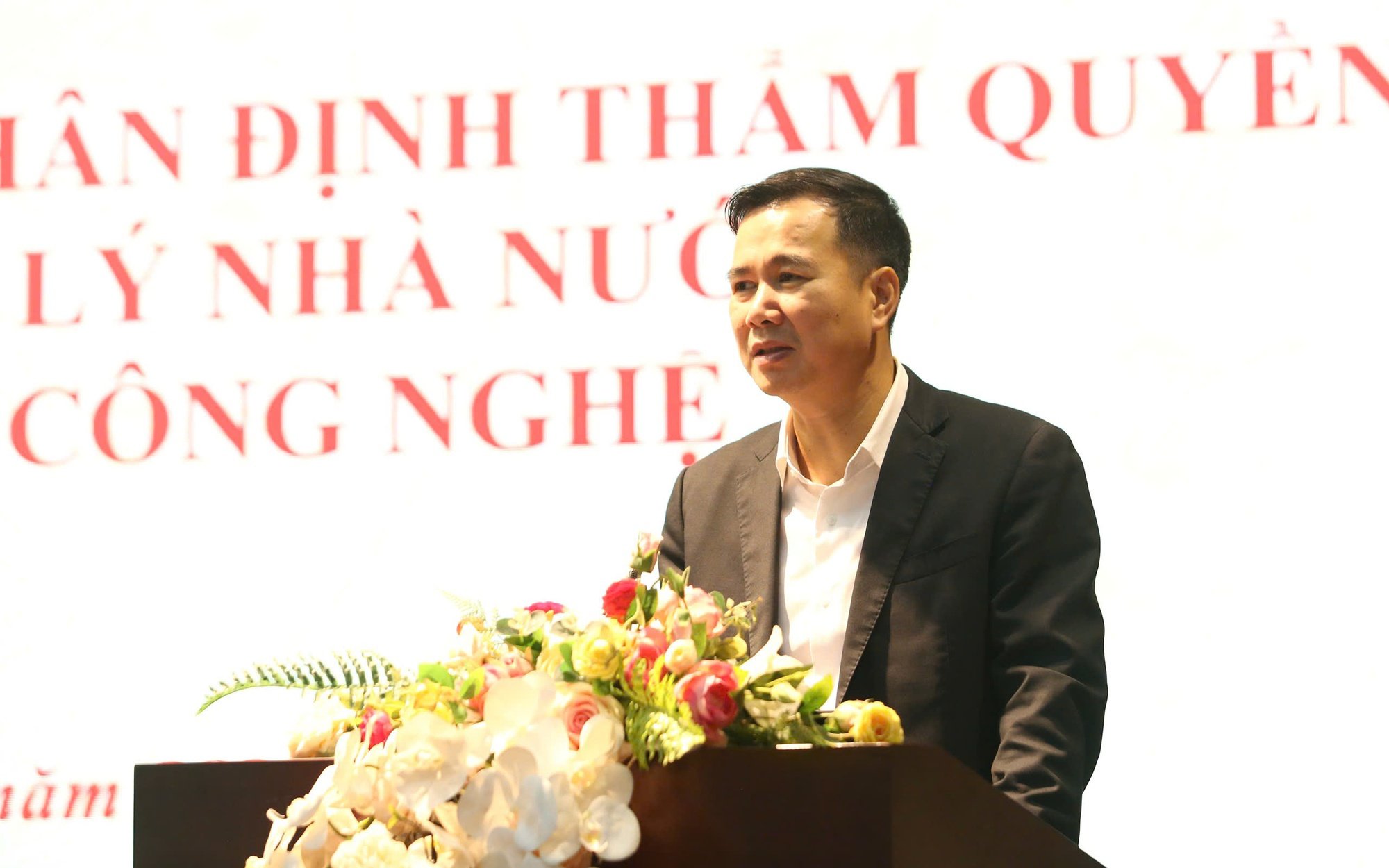


![[Photo] Deep sea sand deposits, ancient wooden ship An Bang faces the risk of being buried again](https://vphoto.vietnam.vn/thumb/1200x675/vietnam/resource/IMAGE/2025/11/13/1763033175715_ndo_br_thuyen-1-jpg.webp)

![[Photo] Special class in Tra Linh](https://vphoto.vietnam.vn/thumb/1200x675/vietnam/resource/IMAGE/2025/11/14/1763078485441_ndo_br_lop-hoc-7-jpg.webp)
![[Photo] Unique art of painting Tuong masks](https://vphoto.vietnam.vn/thumb/1200x675/vietnam/resource/IMAGE/2025/11/14/1763094089301_ndo_br_1-jpg.webp)


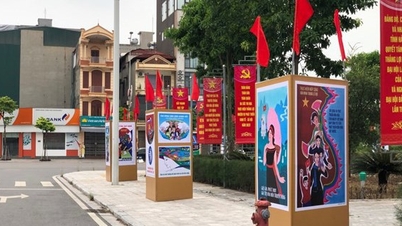


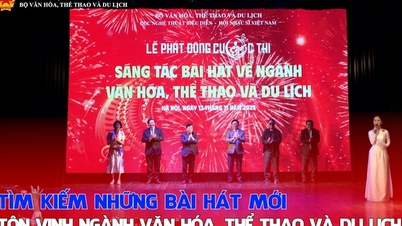
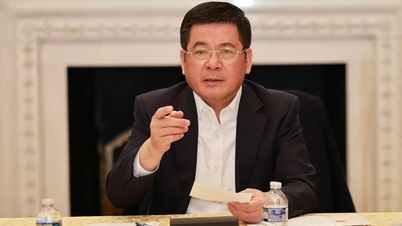
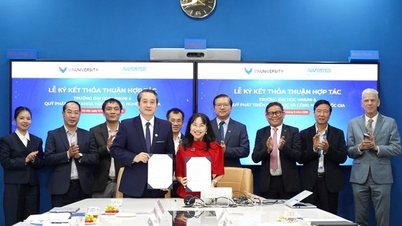





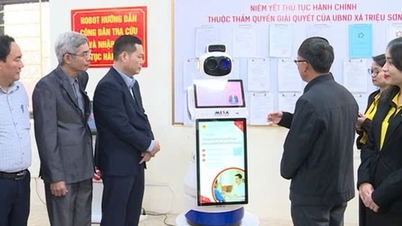
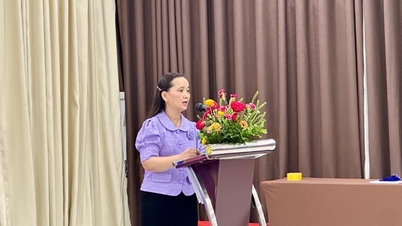
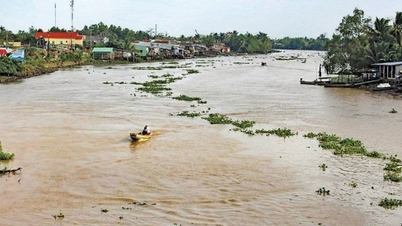

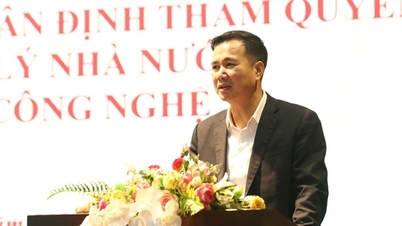









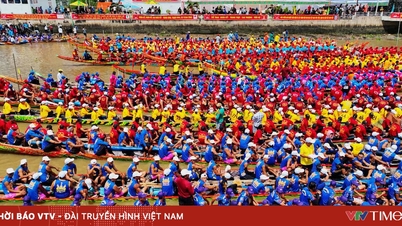

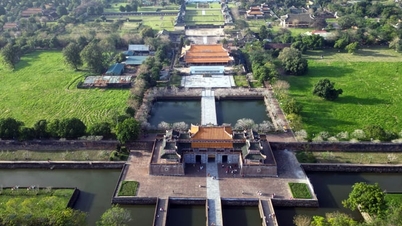





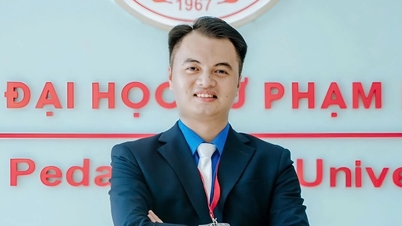






















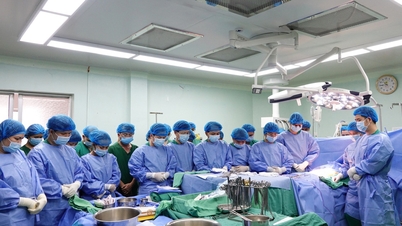




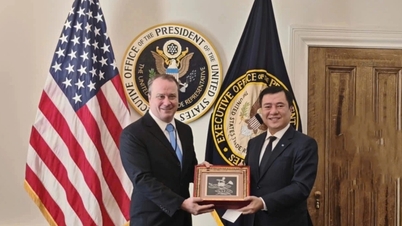




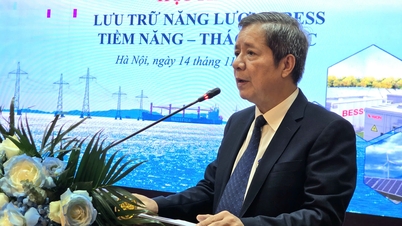

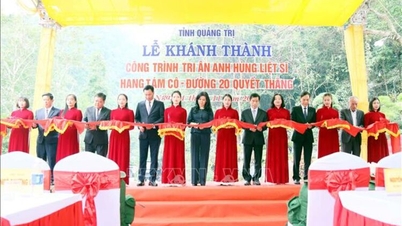

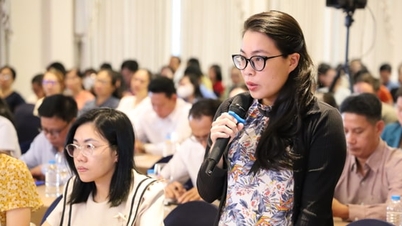

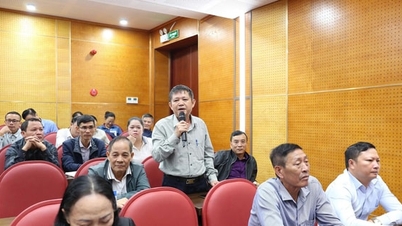
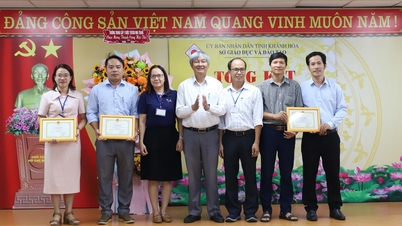








![Dong Nai OCOP transition: [Article 3] Linking tourism with OCOP product consumption](https://vphoto.vietnam.vn/thumb/402x226/vietnam/resource/IMAGE/2025/11/10/1762739199309_1324-2740-7_n-162543_981.jpeg)






Comment (0)